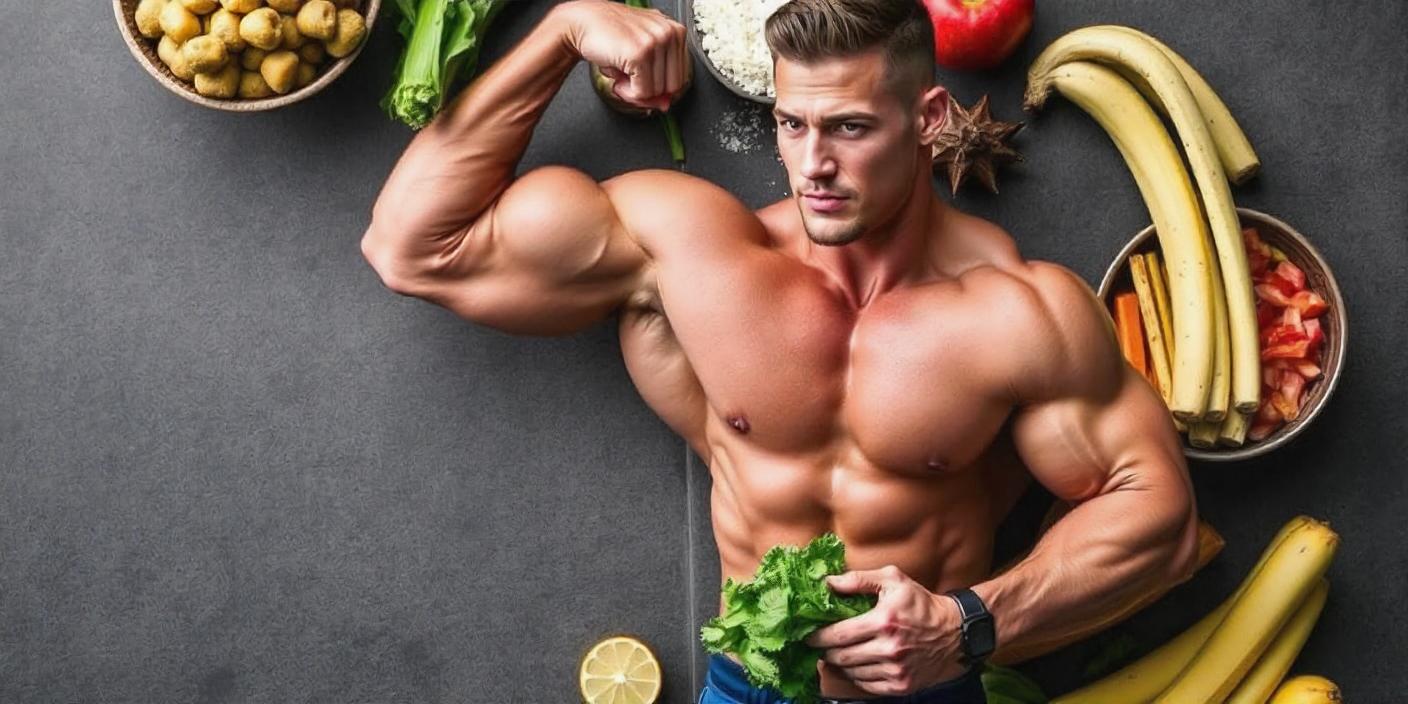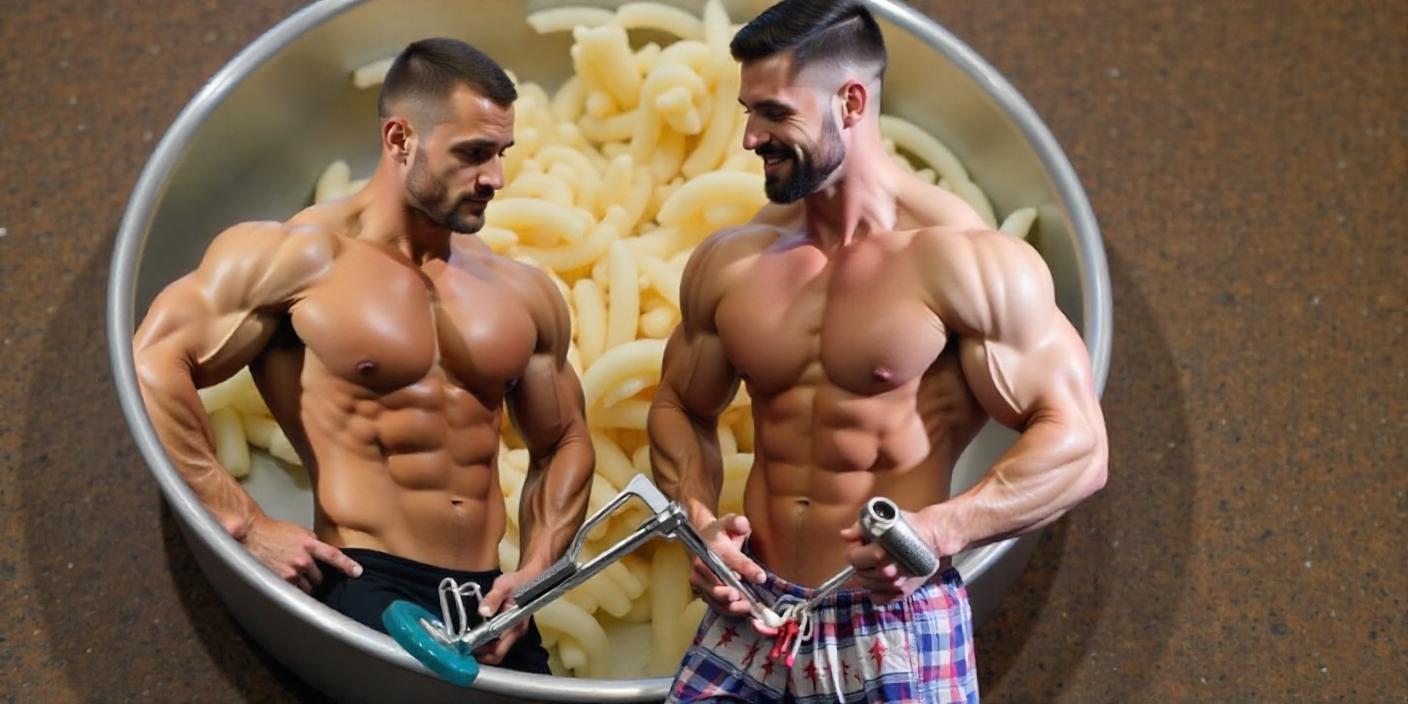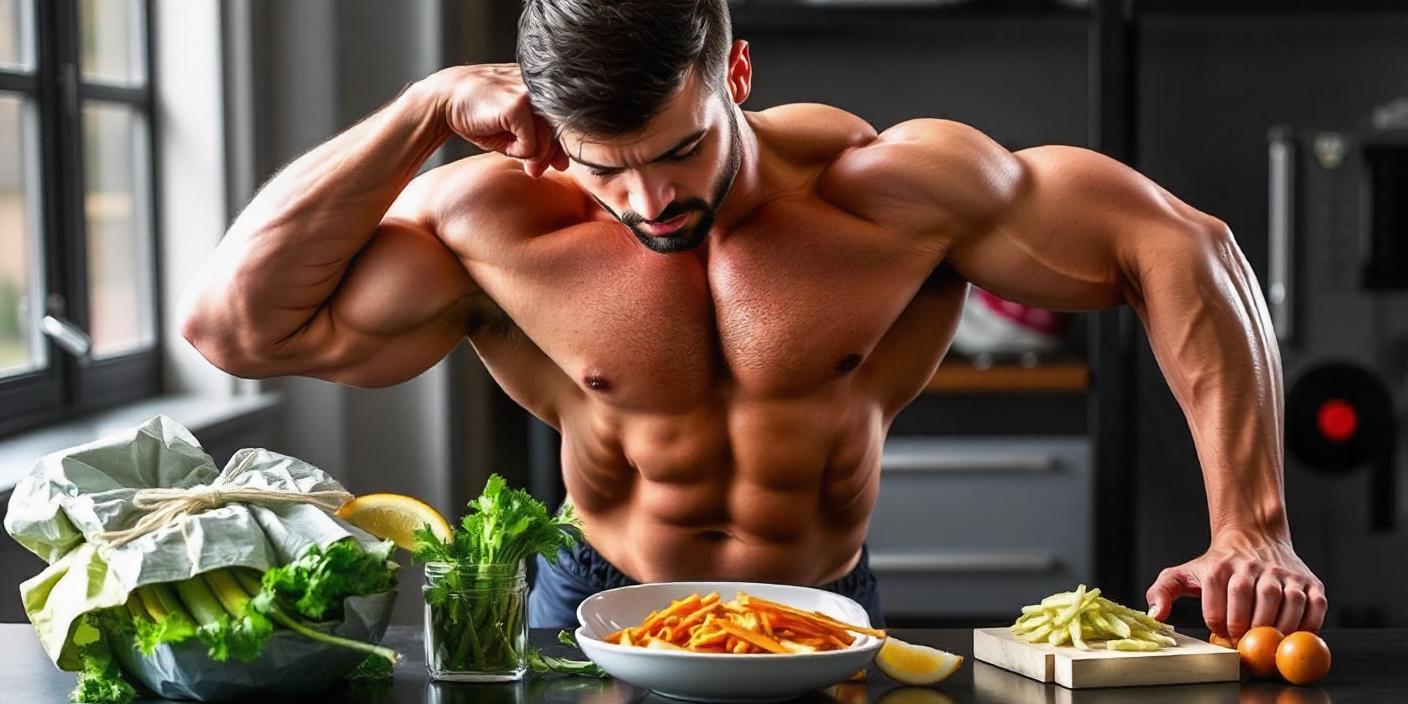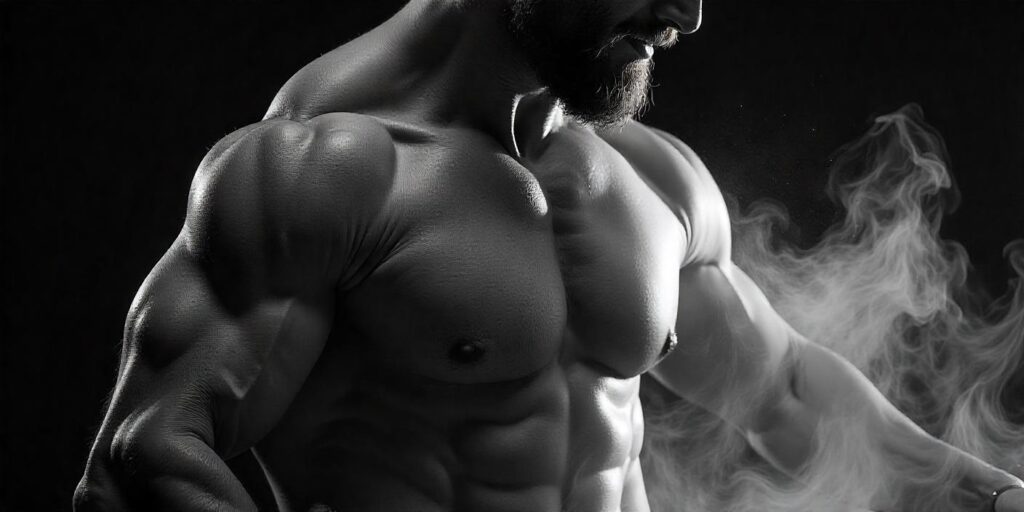Wondering how many calories do bodybuilders on prep eat? Uncover their calorie intake strategies, macronutrient breakdowns, and tips for achieving competition-ready physiques.
If you’ve ever wondered how bodybuilders fuel their bodies during the intense prep phase for a competition, you’re not alone. The world of bodybuilding nutrition is filled with myths, but today, we’re going to peel back the layers and uncover the facts about how many calories bodybuilders actually eat while prepping for a show.
Understanding the Role of Nutrition in Bodybuilding Prep
To grasp how many calories a bodybuilder on prep eats, we first need to understand what “prep” means in the context of bodybuilding. For many, prep refers to the weeks or months leading up to a competition, where the goal is to shed excess body fat while maintaining lean muscle mass. This is a delicate balance, and it requires precise nutrition, training, and recovery strategies.
During this time, bodybuilders focus on sculpting their physiques to achieve low body fat percentages, often around 3-5% for male athletes and 10-12% for female athletes. But maintaining such a physique isn’t as simple as cutting calories—it’s about ensuring the body has enough fuel to build muscle, recover from grueling workouts, and maintain energy levels throughout the day.

How Many Calories Do Bodybuilders on Prep Eat?
The Caloric Equation: Calories In vs. Calories Out
The core principle of any fat loss program is the balance between calories consumed and calories burned. In bodybuilding prep, this equation is even more important.
- Calories In (Diet): This is the total number of calories a bodybuilder consumes in a day, which is broken down into macronutrients: proteins, fats, and carbohydrates.
- Calories Out (Expenditure): This represents the energy the body uses, including basal metabolic rate (BMR), physical activity, and thermogenesis (calories burned during digestion).
To lose fat while maintaining muscle mass, bodybuilders must create a caloric deficit, but not too large of one—too big a deficit can lead to muscle loss, something every bodybuilder wants to avoid. They aim for a modest deficit that promotes fat loss while preserving lean muscle tissue.
So, How Many Calories Do Bodybuilders Eat on Prep?
The number of calories a bodybuilder consumes during prep varies based on several factors, including their:
- Gender
- Current weight
- Body fat percentage
- Metabolism
- Training intensity
- How many weeks are left before competition
Male Bodybuilders on Prep
For male bodybuilders, caloric intake during prep can range from about 2,000 to 3,500 calories per day, depending on their size and goals.
- Off-Season Calories: In the off-season, a male bodybuilder might eat between 4,000 to 5,000 calories to build muscle mass. However, during prep, these numbers will drop significantly to promote fat loss.
- During Prep: As the competition nears, calories are gradually reduced to create the necessary caloric deficit. Early prep stages might still include around 3,500 calories per day, but this will slowly taper down to about 2,000-2,500 calories by the final few weeks leading up to the event.
Bodybuilders will adjust their calorie intake based on how their bodies are responding, aiming for fat loss without sacrificing muscle. As the competition approaches, carb cycling, where carbs are reduced on some days and reintroduced on others, is a common technique to help manipulate water retention and maximize muscle definition.

Female Bodybuilders on Prep
Female bodybuilders typically consume 1,500 to 2,500 calories per day during prep, depending on their size, body composition, and level of activity.
- Off-Season Calories: Female bodybuilders may consume 2,500 to 3,500 calories off-season to build muscle, but during prep, this number drops as they aim to reduce body fat.
- During Prep: Like their male counterparts, female bodybuilders start with a higher calorie intake in the early stages of prep and gradually decrease their calories as they get closer to the competition. They usually don’t drop as low as men, but they will still undergo significant reductions.
The Importance of Macronutrients
Calories are just one part of the equation. In bodybuilding prep, the macronutrient breakdown is just as critical. A proper balance of protein, fats, and carbs is essential for maintaining muscle while losing fat.
1. Protein: The Cornerstone of Muscle Preservation
Protein intake is the most important macronutrient for any bodybuilder, especially during prep. It plays a key role in maintaining and repairing muscle tissue, and it helps promote fat loss by increasing satiety and boosting metabolism.
- How much protein? During prep, bodybuilders typically aim for 1.2 to 1.5 grams of protein per pound of body weight. For example, a 200-pound bodybuilder might eat between 240 to 300 grams of protein per day.
Protein sources include chicken breast, turkey, lean beef, fish, eggs, and plant-based options like tofu and legumes.
2. Carbohydrates: Fuel for Performance
Carbs are a primary energy source, but during prep, they’re typically reduced to promote fat loss. However, they are still a vital part of a bodybuilder’s diet, as they help fuel intense workouts and maintain energy levels.
- How many carbs? The amount of carbs varies, but bodybuilders usually start by consuming around 1-1.5 grams per pound of body weight, then gradually decrease this amount as the competition nears. Carbs are often cycled, with some days of lower intake followed by high-carb days to optimize muscle fullness.
Sources of complex carbohydrates include oatmeal, brown rice, sweet potatoes, quinoa, and vegetables.
3. Fats: Hormone Health and Satiety
While fats often take a backseat to protein and carbs in bodybuilding prep, they are essential for maintaining hormone levels and promoting satiety, especially in lower-calorie diets.
- How much fat? Typically, fats make up about 20-30% of total calorie intake during prep. This translates to about 0.3-0.4 grams of fat per pound of body weight. For example, a 200-pound bodybuilder might consume 60-80 grams of fat per day.
Healthy fat sources include avocados, olive oil, coconut oil, nuts, seeds, and fatty fish like salmon.

Cardio and Its Impact on Calorie Needs
Bodybuilders often increase their cardio as they get closer to competition day. The goal is to burn additional calories, so they can maintain their calorie intake while still promoting fat loss.
- How much cardio? In the final stages of prep, bodybuilders might perform 45-90 minutes of cardio per day, with both low-intensity steady-state (LISS) and high-intensity interval training (HIIT) mixed in. This helps increase caloric burn while keeping muscle loss to a minimum.
A Day in the Life of a Bodybuilder on Prep
To give you a clearer picture of what this looks like in practice, here’s a sample meal plan for a male bodybuilder in the middle of prep:
- Breakfast: 6 egg whites, 1 whole egg, 1 cup of oats with berries, and a scoop of protein powder.
- Mid-Morning Snack: Protein shake with almond milk and a handful of almonds.
- Lunch: Grilled chicken breast, 1 cup of quinoa, and a large salad with olive oil dressing.
- Afternoon Snack: A handful of turkey slices with a small serving of avocado.
- Dinner: Salmon, 1 cup of sweet potatoes, and steamed broccoli.
- Pre-Bed Snack: Cottage cheese with a scoop of casein protein.
This plan provides around 2,500 calories, with a balanced ratio of protein, fats, and carbs to promote fat loss while maintaining muscle.
The Fine Balance of Calories in Bodybuilding Prep
The number of calories a bodybuilder eats during prep depends on various factors, including their starting weight, body fat percentage, and training intensity. Most bodybuilders eat anywhere from 2,000 to 3,500 calories per day, with a careful balance of protein, carbohydrates, and fats tailored to their specific needs. While calorie reduction is key to fat loss, the focus on macronutrient quality and timing is what truly drives peak performance.
Ultimately, every bodybuilder’s nutrition plan will look a little different. The key is finding the right balance that allows for fat loss while preserving as much muscle mass as possible. It’s a delicate dance of science and art, where calories, training, and recovery all play a pivotal role in creating a show-stopping physique. So, whether you’re prepping for your first competition or you’re a seasoned pro, remember: it’s not just about how many calories you eat, but what you eat and how your body responds!



